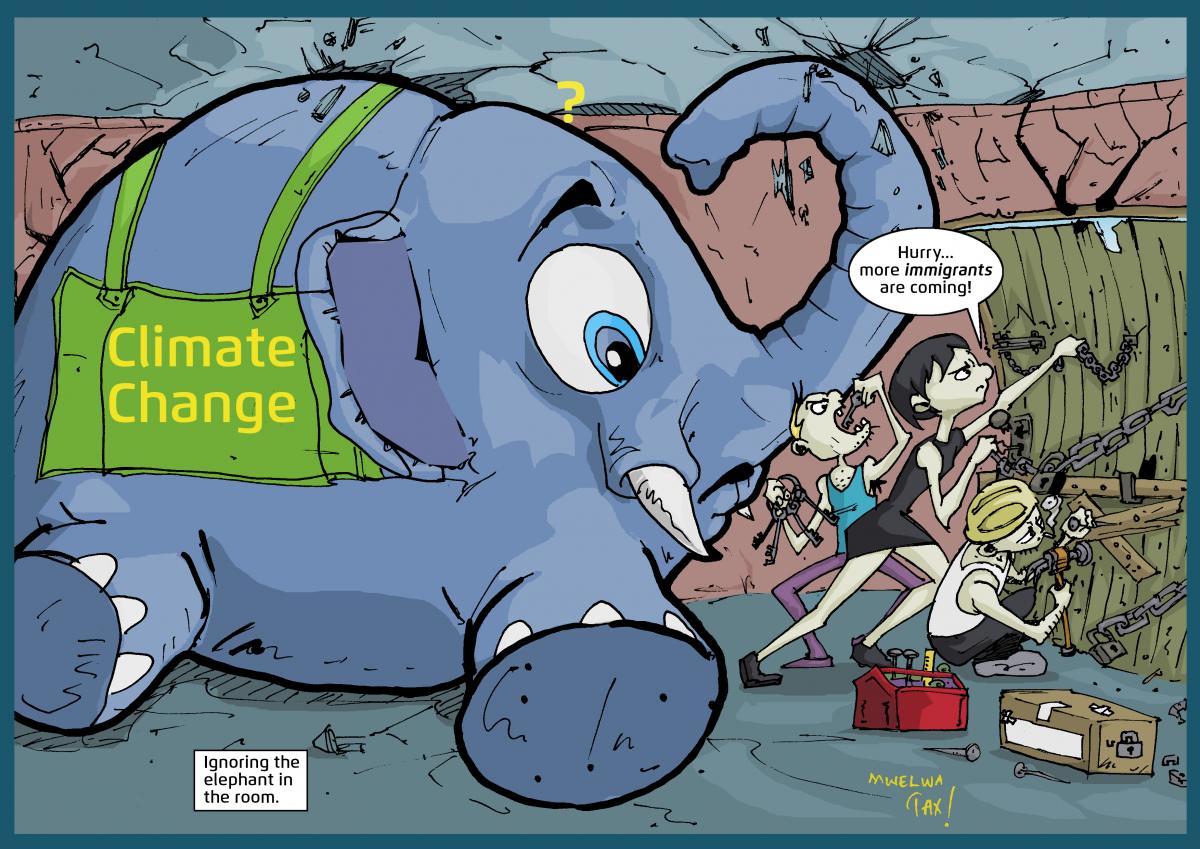Uniper makes suggestions for coal exit / Uber e-cars in Berlin
Handelsblatt
German energy company Uniper is the first utility to put forward ideas for an eventual phase-out of coal-fired power generation following the launch of the coal-exit commission last month, Klaus Stratmann reports in Handelsblatt. Uniper CEO Klaus Schäfer suggests a plan to narrow the gap to Germany’s 2020 emissions reduction target based on the model of the 2016 lignite security standby. Under Schäfer’s proposal, lignite-fired power plants would be preliminarily shut down and could only be reactivated in “extreme situations”, before they would be taken offline permanently. This solution would also be “comprehensible and credible” to employees in coal mining districts. Schäfer believes that decommissions in the volume of “three to four gigawatts” of installed power plant capacity by 2020 is both “conceivable and achievable”, according to the article. The additional 3.5GW of lignite capacity in the security standby would cost 500 million euro per year.
Read the article in German here.
Find background on Germany’s coal exit commission here and running updates on the commission’s work here.
The daily routines of electric vehicle owners are made more complicated and expensive by high charging rates and few charging station, according to a press release from LichtBlick. The green energy provider writes that, in some cases, seven of the 11 charging station operators in Germany charge rates far higher than the average kilowatt hour price of household electricity – sometimes nearly double. “The charging infrastructure is a chaotic patchwork quilt. Regional monopolists dictate prices and create a Babylonian jumble of maps, apps, and payment systems. At the end, it’s the customer who loses,” says Gero Lücking, energy industry leader at LichtBlick.
Read the press release in German here.
For background, read the dossier The energy transition and Germany’s transport sector.
Handelsblatt
Uber will expand its Berlin fleet with electric vehicles this fall, according to an article in Handelsblatt. Since March, the controversial ride-sharing company has been chauffeuring its Munich customers with roughly 30 battery-powered cars. In light of the recently-imposed driving bans on older diesel vehicles in cities like Hamburg and Stuttgart, Uber believes that it can help clean up the air, according to the article. “Electric vehicles are ideal for our business model: short trips, little maintenance, no emissions. We can be part of the solution,” Uber General Manager Germany Christoph Weigler said.
Read the article in German here.
For background, read the article Court ruling opens door for diesel bans in German cities and the dossier The energy transition and Germany’s transport sector.
Frankfurter Allgemeine Zeitung
The European Commission estimates the necessary investment needed to achieve its target of reducing the EU’s greenhouse gas emissions by 40 percent by 2030 at 180 billion euros per year, writes Markus Frühauf in Frankfurter Allgemeine Zeitung. Brussels therefore sees a need to make sustainable financing more attractive to banks, insurers, and asset managers. Some German banks are aligning their activities with the EU’s goals, writes Frühauf. Paderborn-based Bank for Church and Caritas is guided by environmental and social criteria and good corporate governance in asset management, according to portfolio manager Bernhard Matthes. “Ninety-nine percent of our investments are sustainable,” says Matthes.
Read the article in German here.
Clean Energy Wire
Our visiting cartoonist Mwelwa Musonko (@MwelxTax) on the all-consuming focus on immigration in Germany and Europe, while barely anyone talks about threats from climate change.



